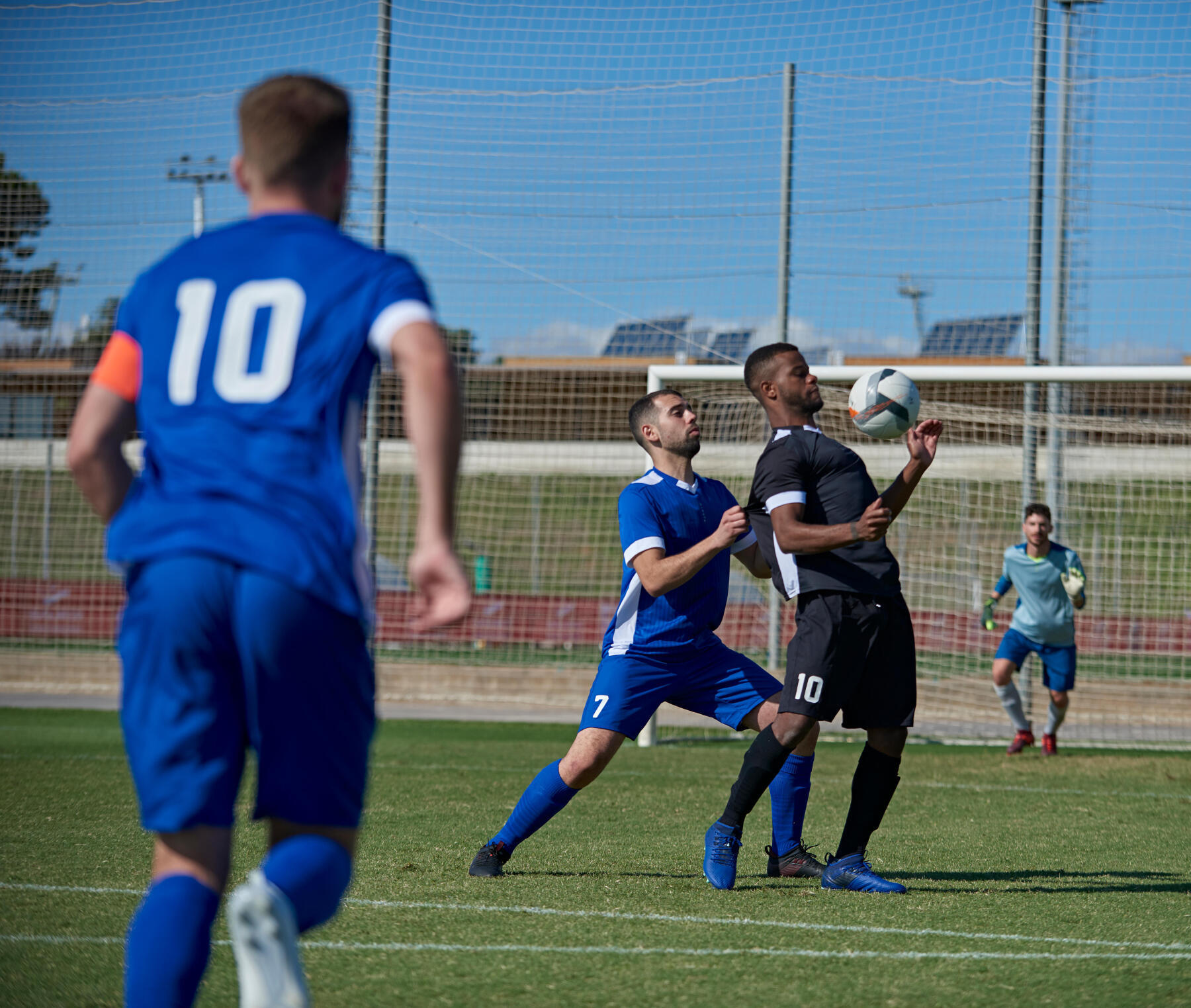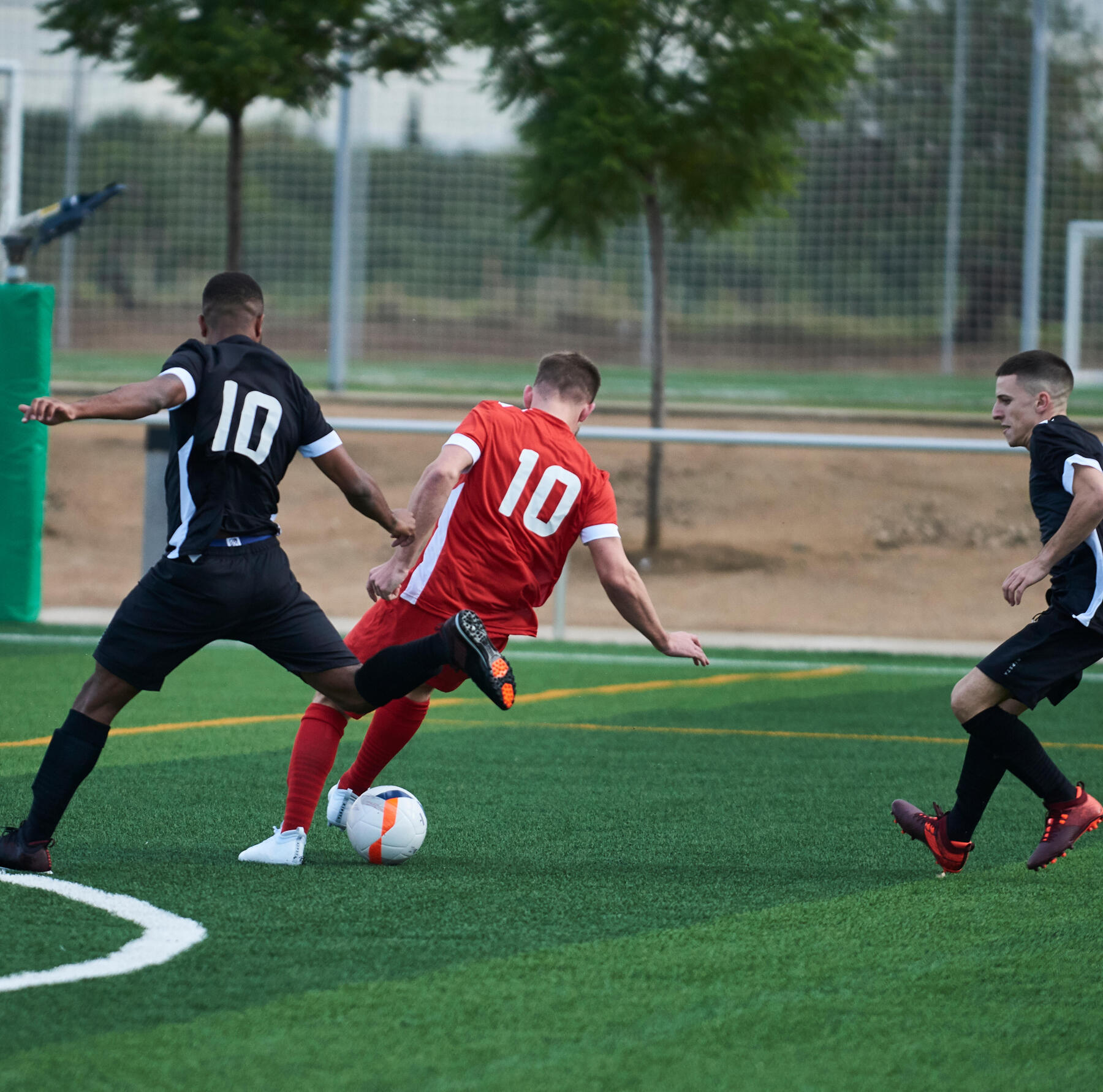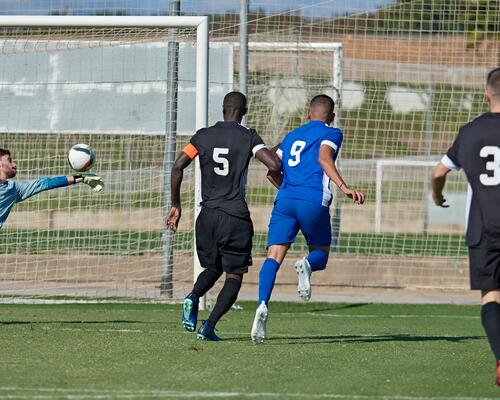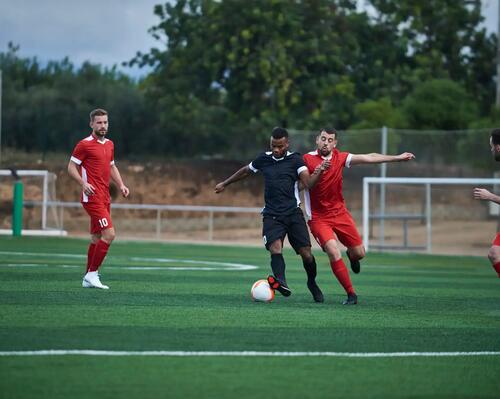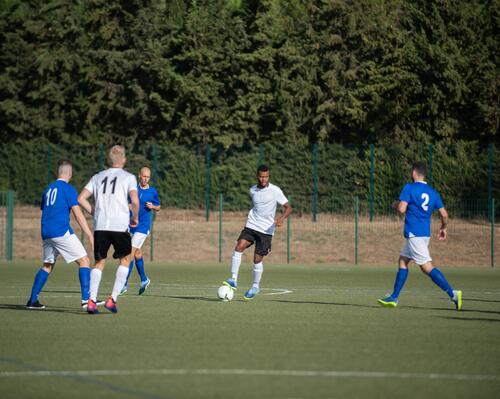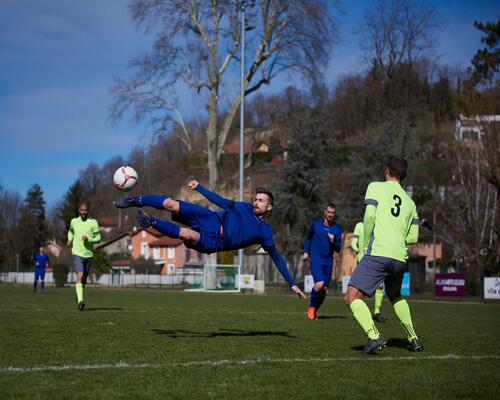Who wears the number 10 in football?
The number one quality for playmakers, as the name suggests, is being able to direct the direction in which the team should play, putting their vision of the situation there for the team to take advantage of.
The person possesses superior technical skills. In a way, they are the "conductor of the orchestra" for the team, seeing what happens or is about to happen before all the others.
They must be the spearhead of the attacks, the player through whom all balls, or almost all, must pass.
To direct the run of play, the player needs that essential vision - ability to see before receiving, as one often hears soccer players saying. They have to be capable of putting attacking players into the best possible positions, by being the link between defence and attack.
But having that essential vision is not sufficient - such a player needs to have a perfect set of skills to direct the course of play. If you see everything but you are not capable of carrying out what needs doing, it does not help you very much! So you need both a long game (e.g. long cross-field passes to change the angle of attack), and a short game where pass accuracy is paramount (in crowded space with lots of players involved) but also be capable of playing in small areas and to be able to shake off your opposing marker. Mastering both the long and the short game enables you to break down the defensive lines with passes into the gaps, which your team-mates can easily pick up. Often, it is the playmaker who sets in motion the action leading to a goal. If it is not the direct decisive pass, this player creates an overlap or is the one who gives the last-but-one pass.
Of everyone on the pitch, this is the player who probably has to work hardest on correct positioning. The thinkers of their team, time is valuable for them.


